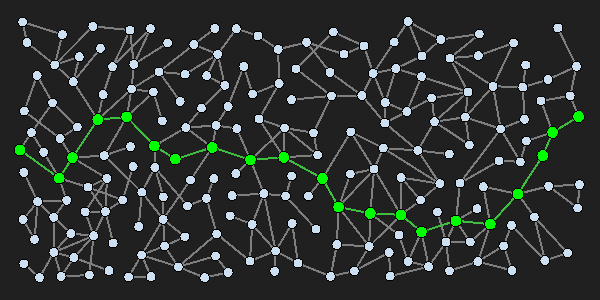
The-10-Best-AI-And-Data-Science-Master-s-Courses-For-2021/960×0.jpg
Please use your reply to this blog post to detail the following:
- Please give a full description of your final project. Based on your prior work this semester, what made you pick this as your project?
- What was your desired learning outcome of your choice of final project?
- What has been the most useful aspect of this class? Learning more about Python, GitHub, PyCharm, AI, ML, or …? You decide and please explain why.
- Do you feel your work this semester, as summarized by your choice of final project, has helped you better understand some of the foundations of ML and AI?
- Do you see yourself pursuing data/analytical sciences coursework once you get to college? Do you anticipate being ahead of some of your classmates thanks to the things you studied this semester?
- Include your Github repo URL so your classmates can look at your code.
- Of all of the projects you or your classmates created this semester, which one was your favorite, and why?
Take the time to look through the project posts of your classmates. If you saw any project or project descriptions that pique your interest, please reply or respond to their post with feedback. Constructive criticism is allowed, but please keep your comments civil.
THANKS FOR TAKING THE COURSE!!!




